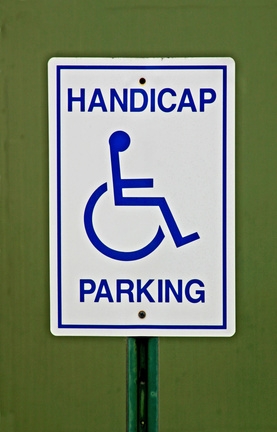
A driver needs to have a state driver's license and insurance and to meet state vehicle standards to drive on public roads. This does not imply that traffic laws do not apply on private property. Law enforcement officers can still issue traffic citations on private property if a driver violates certain regulations. Most of these regulations apply to a driver who creates an unsafe situation or creates a nuisance for the property owner.
Seat-belt laws apply to all drivers, including drivers on private property. The state of California requires drivers and passengers in public parking lots and garages to follow seat-belt laws. The laws specifying the correct way to wear seat belts as well as seat-belt maintenance standards also apply to a vehicle on private property.
If an auto accident occurs, the drivers of the vehicles must report the accident to law enforcement if the total vehicle damage is above a monetary threshold or a vehicle harms a passenger or pedestrian. Torrance, California, sets this minimum reporting threshold at $750. Drivers' responsibility to report an auto accident still applies when the accident occurs on private property. According to the Goodyear, Arizona, website, state police officers cannot issue a citation when an accident occurs on private property.
Parking on private property requires the owner of the private property to give consent. This requirement includes the use of a road or parking lot where there are parking meters, because consent is only valid while there is time remaining on the meter. A law enforcement officer can cite a vehicle for parking or driving on private property if the owner of the property does not allow it, since the driver of the vehicle is trespassing.
A disabled parking permit is available to a person who qualifies for it, whether the disability is temporary or permanent. A private-property owner may offer a special parking spot to placard holders, and frequently bright blue lines outline the parking spot. The laws for misuse of a disabled parking permit apply to drivers on private property, and a driver who does not display the permit or uses a permit without permission may receive a citation.
DUI laws still apply when a driver is on private property. A driver who is intoxicated presents a risk to the public even if not driving on a public road. When a driver receives a state license, this license implies consent for a law enforcement officer to check for intoxication at any time. Reckless driving laws also apply to drivers on private property, as well as laws that prohibit other criminal violations.